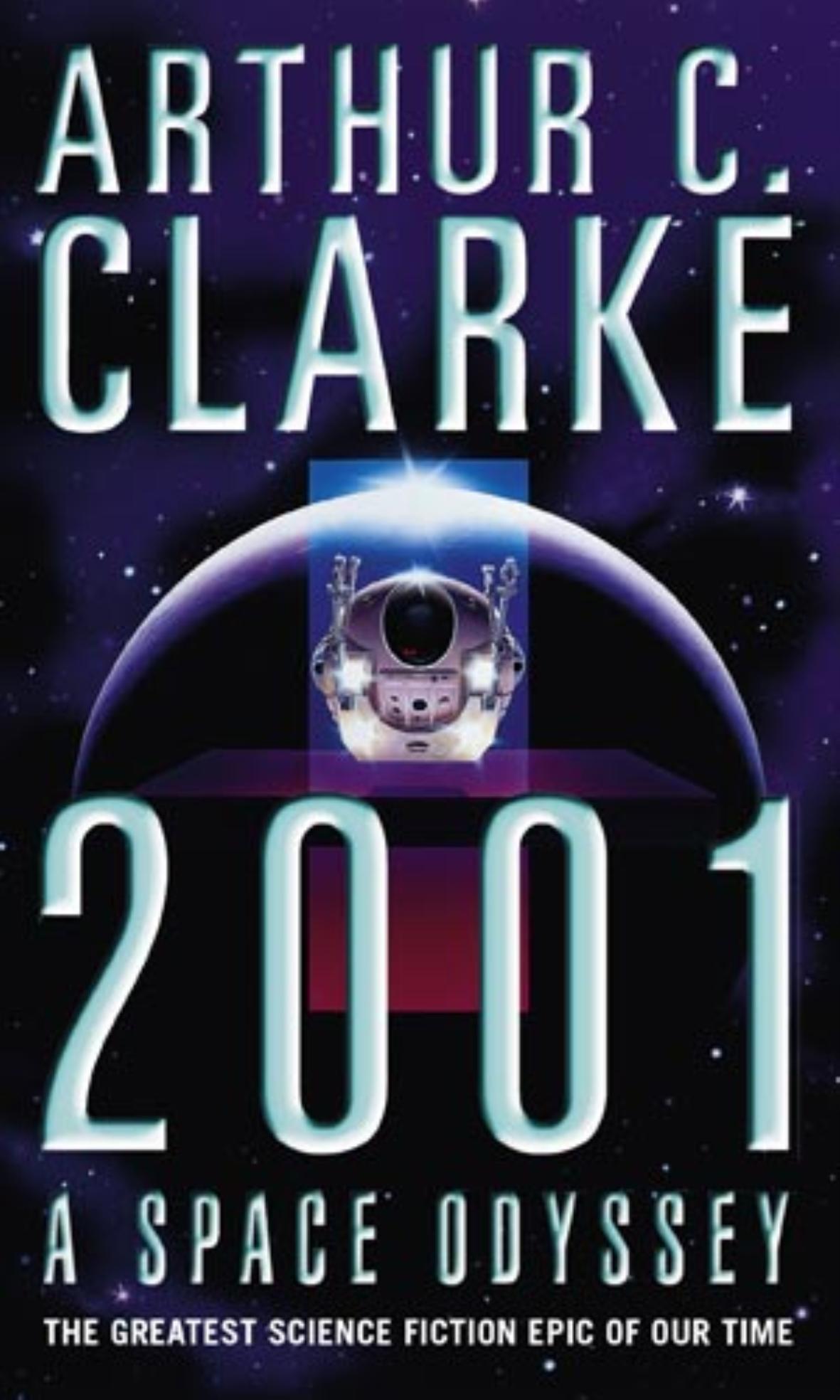I read 2001: A Space
Odyssey in a day. Suffice to say, it’s
pretty great. As an ex-film student/ current
(but reluctant) film geek it appealed to me in quite a few ways and I’ve been
saving it up. It was nice to not be
disappointed.
 I studied Stanley Kubrick in university a lot. I mean, there was an entire semester just
dedicated to his work. When I say that I
have seen everything that man has directed, I am not exaggerating. I’ve seen the early documentaries, I’ve
endured Spartacus, I have watched Eyes
Wide Shut more than once. That’s how
dedicated I am to this man. And I love 2001: A Space Odyssey. I didn’t- it took seeing it on the big screen
of our seminar room to love it, but love it I do. I don’t think I’ve ever gone into a book
knowing so much about not only the plot, but the story of how the book came
about itself and, I thought that meant that I wouldn’t enjoy it. But it was like coming back to an old
friend. Granted, HAL 9000 is a bit too
“murder the entire crew” for a conventional friendship. But you know what I mean.
I studied Stanley Kubrick in university a lot. I mean, there was an entire semester just
dedicated to his work. When I say that I
have seen everything that man has directed, I am not exaggerating. I’ve seen the early documentaries, I’ve
endured Spartacus, I have watched Eyes
Wide Shut more than once. That’s how
dedicated I am to this man. And I love 2001: A Space Odyssey. I didn’t- it took seeing it on the big screen
of our seminar room to love it, but love it I do. I don’t think I’ve ever gone into a book
knowing so much about not only the plot, but the story of how the book came
about itself and, I thought that meant that I wouldn’t enjoy it. But it was like coming back to an old
friend. Granted, HAL 9000 is a bit too
“murder the entire crew” for a conventional friendship. But you know what I mean.
I think that Arthur C Clarke was the only unknown element of
the entire book for me. I know he’s this
renowned sci-fi writer, but that doesn’t always mean that he’s going to be any
good. There’s a lot of very shit sci-fi
in the world. He is good. The man can write a novel. But… it’s not as good as the film. I should be loath to compare the two because
they are different media even if they are telling the same story. But the book has always been so much an
extension of the film. It was only
written in preparation for the film, so that Kubrick would have something to
construct a screenplay from. It is a
rare circumstance in which the book and the film are two parts of a whole.
What the novel does is to give more detail than the
film. This is hardly surprising; the
film consists of large chunks of dialogue-less narrative punctuated by the Blue Danube Waltz. One part that particularly struck me was how
Clarke wrote that famous edit- the
graphic match between bone and spaceship that moves us from millions of years
in the past to what was then the not too distant future. It is seconds of film and an entire chapter
of book. Clarke documents the
progression of Neanderthal man through the use of tools, mostly weapons and in
less skilled hands it could have been a montage and it would have been
awful. The beauty of 2001: A Space Odyssey is its shear
sparseness. Kubrick understood the key
parts of the narrative and discarded the exposition that is necessary to the
book. And he kind of changed cinema in
the process.
I know that this has been more about 2001: A Space Odyssey as a film than as a book, but it is a
brilliant film. The book enhances it, it
made me remember just how much I love it.
Yes, the book has a plot that is far easier to follow than anyone could
claim Kubrick’s masterpiece is. But it
is not genre defining in the way that the film is. It is a good book, but I do not doubt for a
second that if it had not been part of the process of making the film, it would
have been forgotten as one in a long list of books Clarke wrote. The book is good; the film is important.





